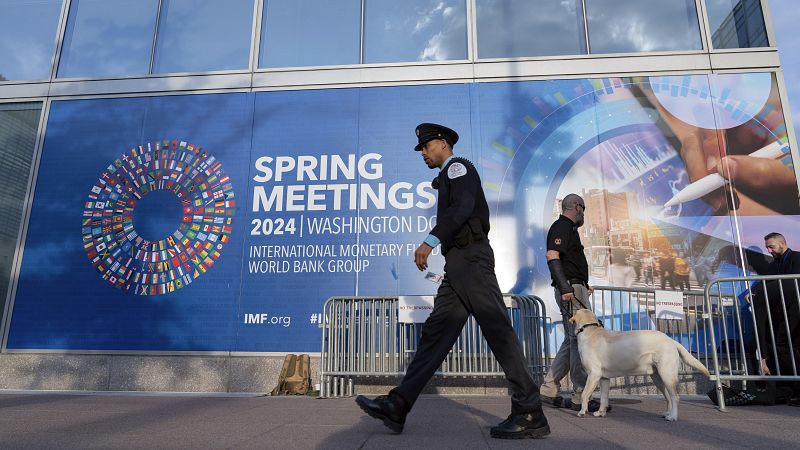World Bank says more than 100 countries hindered by "middle-income trap"

The World Bank on Thursday said that more than 100 countries risk becoming stuck in a “middle-income trap”, unless they adopt radical growth strategies for their economies.
It said countries, including South Africa, India, Brazil and China, face serious obstacles that could hinder their efforts to become high-income countries in the next few decades.
The World Development Report 2024: The Middle Income Trap found that as countries grow wealthier, they usually hit a “trap” at about 10 per cent of annual US GDP per person.
Senior Advisor to the World Bank Group Chief Economist, and Director of the report, Somik Lall, said the prospect for these countries “is not promising”.
“Over the last 30 years, only 34 middle-income economies have been able to transition from middle-income to high-income. The rest are stuck in a middle-income trap,” he said.
In the study, the World Bank said middle-income countries face far bigger challenges than their predecessors, “rapidly aging populations, rising protectionism in advanced economies, and the need to speed up the energy transition”.
It outlined a “comprehensive roadmap” to enable developing countries to escape the “middle-income trap” and reach high-income status.
Lall said this involves dropping outmoded methods and following a “3i strategy” which involves the adoption of a sequenced and progressively more sophisticated mix of policies, based on their stage of development.
Low-income countries can focus solely on policies designed to increase investment - the 1i phase.
“But as the gains from investment start tapering off, an economy needs to move to ‘infusion’, that is, get ideas from the rest of the world and diffuse them to the local economies,” said Lall.
At the upper-middle-income level, countries should shift gear again to the final 3i phase.
“When they are ready and have mastered infusion, they go and ‘innovate’ and become global leaders and producers.”
“Success,” he said, “will depend on how well societies balance the forces of creation, preservation, and destruction”.
“Countries that try to spare their citizenry the pains associated with reforms and openness will miss out on the gains that come from sustained growth.”
Friday, september 6, 2024

